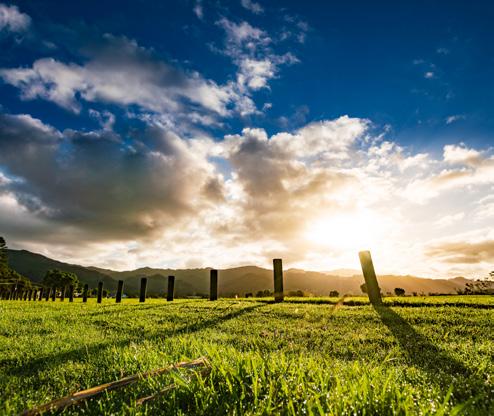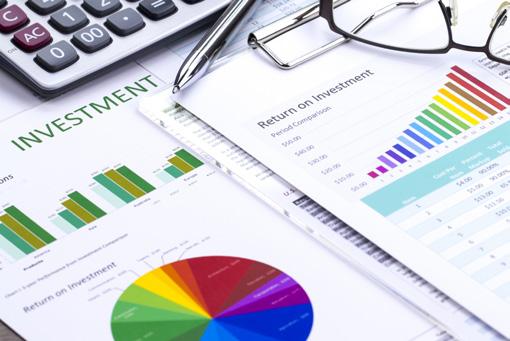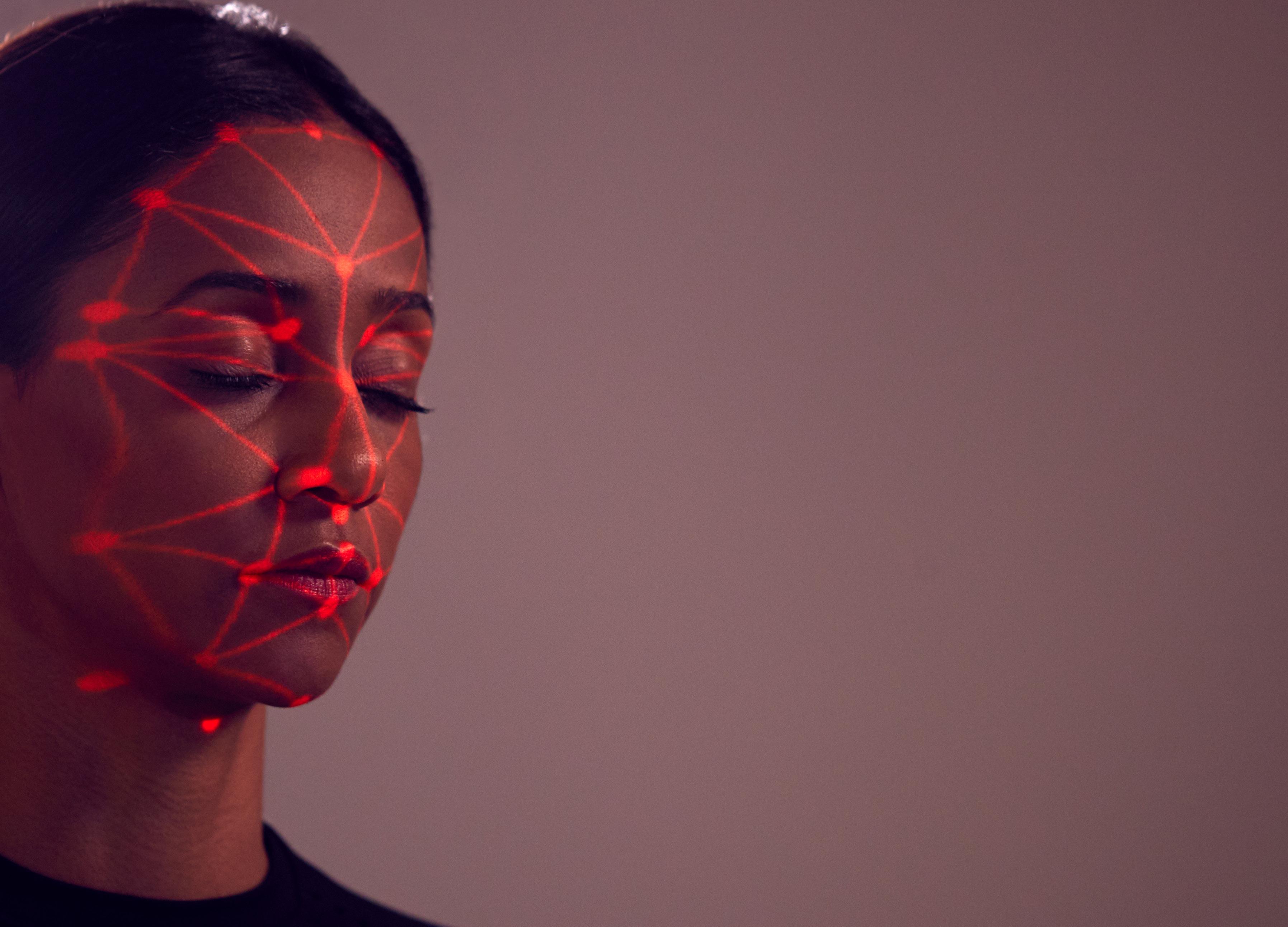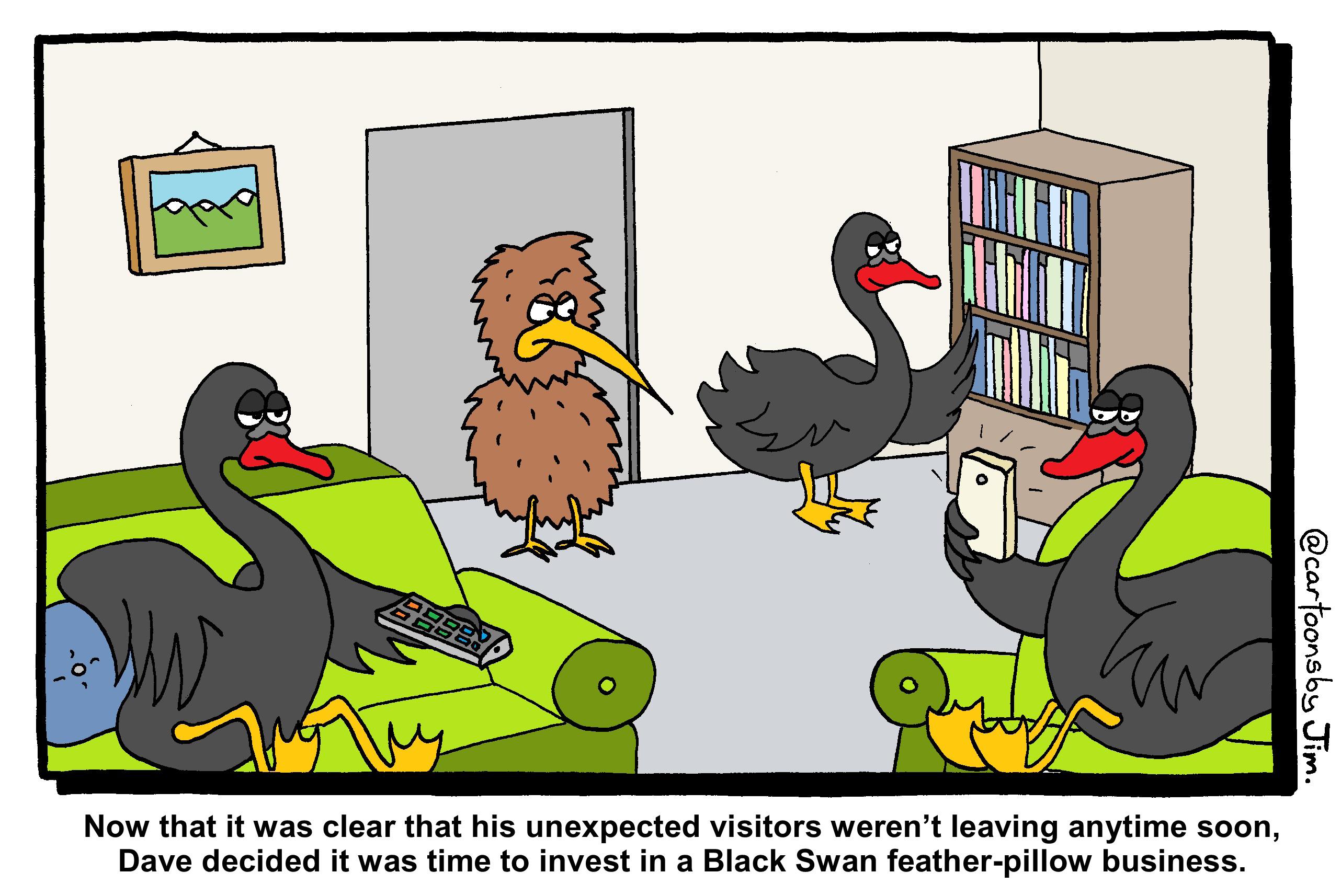
8 minute read
PMG INVESTOR STORIES
from PMG ThinkBook
by PMG Funds
INVESTING
Investor
Advertisement
WE SPOKE WITH FOUR PMG INVESTORS TO FIND OUT ABOUT THEIR INVESTMENT JOURNEY TO DATE AND THEIR THOUGHTS TO THE NEXT GENERATION ON PLANNING FOR THE FUTURE. Stories
4
MEET PAUL
wish you knew back when you made your first investment?
4Why is commercial property an important part of your investment portfolio? “I started off making investments maybe 20 years ago, in my early 20s, which involved forestry shares and shares in a number of businesses. The decisions weren’t completely uninformed but I could have done more research.
What do you
“I would have put more importance on getting the right advice [from someone like a financial advisor]. It comes down to having a better understanding of what your desired outcome is and your reasons for investing, rather than the short-term performance requirement.”
4What age would you recommend alternative investments to KiwiSaver? “There are so many different options out there with different profile risks and returns, and so many different opportunities to invest in at an earlier age. Rather than saving sums of money in banks, I feel it’s a lot more prudent to seek early advice and invest sooner. As soon as you start saving, I would start looking at the options.”
“The commercial component is to do with income and building a liquid asset base. Like most people, I’ve got a mortgage and a house, some other Kiwi-type investments, and a few other things that aren’t very liquid, so having a liquid asset is important so I can move the money around if I need to.”
4What do you see as a barrier to investing for the next generation?
4MEET BRENDAN
What do you wish you knew back when you made your first investment?
4Why is commercial property an important part of your investment portfolio?
4What would you say to the next generation is the number one rule of investing?

4What do you see as a barrier to investing for the next generation? 4 What would you say to the next generation is the number one rule of investing? “There’s probably two. If it looks like it’s too good to be true, it’s too good to be true. If the returns are disproportionately higher than everything else in the market, it’s probably not real. The other one comes back to getting the right advice to invest as soon as you can.”
“The way I see it, it’s becoming harder to save a substantial deposit to buy a house, at which point you’re going to get a mortgage for the balance. If you took that deposit money and invested it in a higher rate of return, you will meet your target sooner.”

“I would have bought more into the stock market over time. The other thing would have been to buy into funds earlier as well. Rather than try to do some of it on my own. Let the professionals do the research for you.”
“For me, I think it’s a security of investment in that you own the underlying land. That gives you stable income with potential for growth."
“As far as investment into a commercial property fund, you’re spreading your risk over multiple tenants, not just relying on one or two. Going into a fund allows you to have that risk spread out across multiple tenants and multiple properties. That’s why a fund is so good; the fluctuations won’t be as great, the gains may not be as great either, but you take the fluctuations out of it.”
“Do your homework. Make sure you know what you’re getting into, what the business is, and how it operates. With some investments, if it sounds too good to be true, it is: high returns are high risk.”

4What was the best piece of advice you’ve ever received regarding money and investing? “Buy land, because you’ll always own the land. There’s always risk in buying into or buying businesses because if they go under you normally lose your money; you’ve got nothing to fall back on. Take your time. You’re not going to (apart from maybe one per cent of the world) get rich overnight.”
“Having the spare income to be able to divert into investing and whether they are educated in investing. Are they thinking, when they’re 60, what their future is going to look like?”

4
MEET HEATH
What do you wish you knew back when you made your first investment?

4What age would you recommend alternative investments to KiwiSaver?

4What was the best piece of advice you have ever received regarding money and investing? “I’d be probably one of the few people that wouldn’t change anything. I bought my first house at 21. Back then, houses were three years’ wages. It’s different now; it’s 10 years of wages.
“While I had one rented out, it was just easier to go buy another one. I had three, sold them all, bought a nice house that I could live in, paid off all my debt, and then found [PMG] and started investing with them.”
4Why is commercial property an important part of your investment portfolio? “Because of you guys. You make it so easy to invest in commercial. I don’t have to look after it or do the maintenance; it’s all just done. You’ve got downfalls if a tenant shifts out and it could be a lot harder to get a new company in there, but once they’re in there, and you look after them, it’s far easier than residential, I believe.”
“As soon as you possibly can. Save just 10% of it, don’t touch it, and that’s your retirement fund.
“Compared to KiwiSaver there are other things you can invest your money in, where you’ve got more control if something does happen; like investing with PMG, I can get my money out [when available]. Whereas with KiwiSaver it’s just locked in and that’s the end of it.”

4What would you say to the next generation is the number one rule of investing? “If you’ve got a steady income, you’ve got to decide a percentage to put away every week. Once you understand how saving works, you just start talking to people to find out what a good investment is.”
“When I was growing up it was just ‘buy a house’. Once you’ve got your foot on the ladder, you’re going down the river with everyone else.
“Never spend money you haven’t got. The only thing you ever borrow money for is appreciating assets, like property. Only borrow money for stuff that’s going up in value.”
4
MEET JULIAN
What do you wish you knew back when you made your first investment?
4Why is commercial property an important part of your investment portfolio?

4What was the best piece of advice you’ve ever received regarding money and investing?
4What would you say to the next generation is the number one rule of investing?

“I would start investing earlier on, and I’d start learning about investment as early as possible. I would try and learn, when I had some disposable income, maybe around my 20s, before I committed to buying my first house.”
“I see it as one of the key parts of having a diversified portfolio. I obviously started – like a lot of investors – with a residential property for my own house and an investment property. Then looking at that compared to the pros and cons of commercial property, I found that sector more interesting… [regarding] the yield and the way it’s professionally managed.
4What age would you recommend alternative investments to KiwiSaver? “When anyone starts having disposable income. When you’re in your early 20s, and you’ve got your first job, can afford to live, and have got some spare capacity, just start off that journey as early as possible.”
“Diversification. You want to have diversification with different asset classes, and within each asset class have diversification as well. The more people you talk to, you really understand not to put all your eggs in one basket. Because there’s a chance you’ll lose it if there’s adverse conditions, whether it’s economically, the company or a property isn’t doing well.”
“Learn about investing and diversify. Learn about different investment classes, and what their risk and return profiles look like. Understand what different classes of investments look like.”

4What do you see as a barrier to investing in commercial property for the next generation? “The first barrier is just not knowing that class of asset actually exists and is available for them to invest. And number two is a lack of understanding about the importance of investing. They’re competing against the new iPhone… So a lot of them might not understand why it’s actually important to invest. I personally don’t think our current superannuation scheme will work forever so I think when I retire, I’d need to have the ability to stand on my own feet rather than rely on the Government.”








